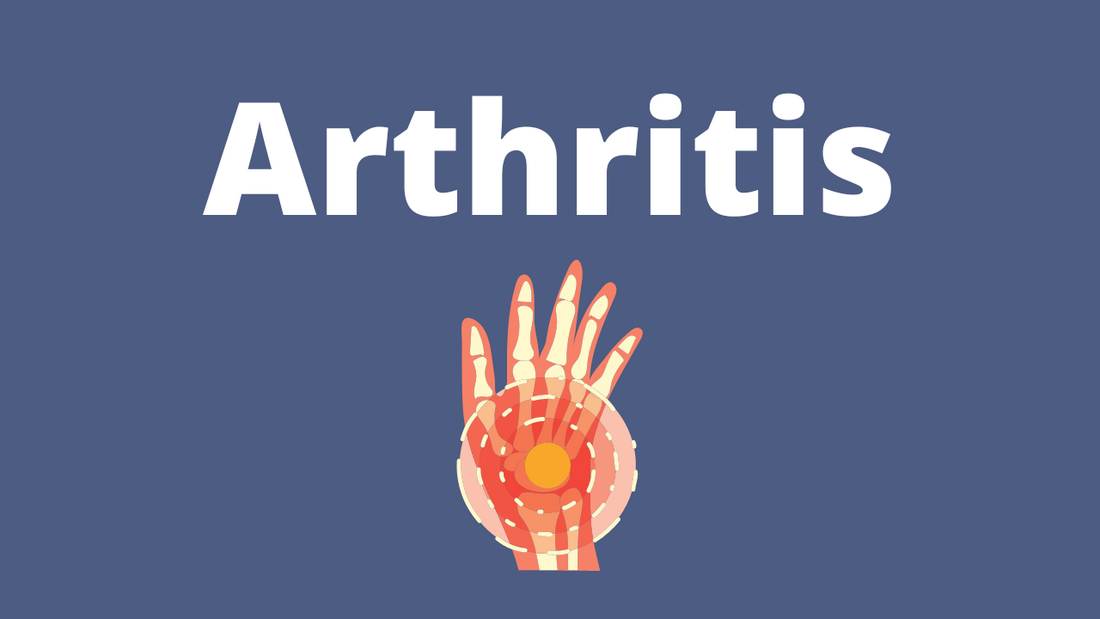Osteoarthritis, also known as degenerative joint disease, is characterized by inflammation in the joints and progresses slowly over many years. It initially manifests as a few occasional minor aches and pains in the joints, but then gradually progresses to chronic pain, stiffness, and swelling. Arthritis is common in the elderly, and is one of the leading causes of disability in the United States, with more than 46 million people suffering from the disease.
The severity of arthritis can vary considerably depending on which joint(s) are affected, where they are located, and how long the condition has been present. Often, it affects the knees, hips, hands, and sometimes spine and big toes.
Rheumatoid arthritis
Rheumatoid arthritis is an autoimmune disease that can affect people of all ages, including children. The immune system attacks the synovial membranes in the joints, causing inflammation similar to arthritis. Rheumatoid arthritis can harm not only the joints, but can also affect other organs as a result of its damage to the blood vessels.
Cannabis and Arthritis
Inflammation and pain are the two most basic symptoms of this disease. Fortunately, cannabinoids like THC or CBD can be of great help in that regard. Cannabinoids also act on the immune system through the endogenous cannabinoid system, helping to reduce the symptoms associated with rheumatoid arthritis.
There is a study published in 2022 that investigated the perceived efficacy of cannabidiol for the treatment of arthritis in patients via questionnaires. The results showed that CBD use was associated with improvements in pain, physical function and sleep quality in both osteoarthritis and rheumatoid arthritis patients. Interestingly, the majority of respondents also reported a reduction or cessation of other medications, such as anti-inflammatories, acetaminophen, opioids.
CBD and Corticosteroids
After first being used to treat rheumatoid arthritis in 1948, corticosteroids have been widely used in the treatment of systemic immune diseases or used to suppress the immune system in organ transplant cases. However, because this drug was “too effective”, doctors in the past often over prescribed corticosteroids, and as a result, caused serious problems due to prolonged use of corticosteroids in patients. In addition, side effects can also be caused by overuse or abrupt discontinuation of corticosteroids.
Possible side effects of corticosteroids include Cushing's syndrome[1], glaucoma, cataracts, fluid retention, high blood pressure, mood swings, weight gain, diabetes, increased risk of infection, thinning bone, inhibits adrenal gland function and slows wound healing. Because of this, corticosteroids are considered to be one of the drugs with the worst side effects.
As a result, doctors currently only prescribe corticosteroids when necessary or for short-term use. One example is Crohn's disease (inflammatory bowel disease), when the patient needs strong and rapid immunosuppression, for a short period of time. In addition, the harm of corticosteroids comes not only from its side effects, but also from it being highly addictive. Steroid withdrawal syndrome can cause symptoms such as weakness, fatigue, loss of appetite, weight loss, nausea, vomiting, diarrhea, abdominal pain and tenderness. The problem is so serious that many people even describe quitting corticosteroids can be “as hard as quitting hard drugs.”
Even so, patients should not suddenly stop taking steroids. Instead, the dosage must be gradually reduced, giving the body time to regain its balance. Currently, CBD is showing potential as a corticosteroid adjuvant, or Corticosteroid-sparing Agent. This means that CBD can be used in combination with corticosteroids to reduce its dose, or used initially as a non-corticosteroid treatment.
How to use Cannabis for Arthritis
Both THC and CBD can be used. You can use both topically and orally. Always start from the small dose of about 5-10mg CBD on the first day, then gradually increase the dose every two days by 5mg until you find the right dose that gives the desired effect.
Since each person responds differently to cannabinoids, it is best to experiment with different delivery systems while gradually and slowly increasing the dose to find the best way of administration and the most optimal dosage.
Products containing CBC (cannabichromene) also have powerful anti-inflammatory effects. You can try and find the strains and products that are high in CBC. In addition, there are anti-inflammatory terpenes such as linalool, myrcene and limonene that can also give good results when used in combination with cannabinoids.
References
Frane, N., Stapleton, E., Iturriaga, C., Ganz, M., Rasquinha, V., & Duarte, R. (2022). Cannabidiol as a treatment for arthritis and joint pain: an exploratory cross-sectional study. Journal of cannabis research, 4(1), 47. https://doi.org/10.1186/s42238-022-00154-9

